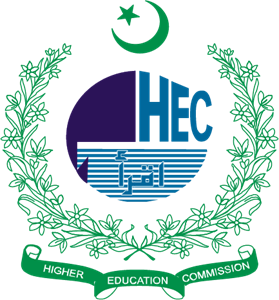END OF LESSON ASSESSMENT (EOLA): A USEFUL TOOL TO ENHANCE POST-LECTURE CONTENT RETENTION
Keywords:
Lectures; Learning; Teaching; Teaching methods; Techniques, educational; Educational AssessmentAbstract
Introduction: The lecture is fast disappearing as a mode of instruction due to reported insufficient lesson retention by students, even though it offers an equitable delivery platform while saving time and costs of learning. The present study was conducted to determine post-lecture content retention by medical students, using the End-of-Lesson-Assessment (EOLA) as a tool.
Materials & Methods: An EOLA program was initiated at Rehman Medical College, Peshawar, since its inception in 2010 for all LGF sessions. Teachers wrote detailed lesson plans based on learning objectives and included Multiple Choice Questions (MCQs) and Short Answer Questions (SAQs) to be attempted by students as EOLA. The Department of Medical Research (DMR) offers an elective program to undergraduate medical students, the course content of which includes Large Group Format (Lectures), Small Group Format (SGF), Research Projects, Report Writing and Publications. The present survey is based on the results of 50% randomly selected DMR EOLA for the class of 2010 for the years 2011-2012. Data were analyzed by SPSS version 15.0.
Results: Students’ attendance in EOLA from different modules ranged from 44% to 88%. At a cutoff passing score of 50%, student scores ranged from 9% to 100% in different EOLAs, with a mean passing score of 70.5%. The mean scores of students in all EOLAs ranged from 22.0 ± 21.0 to 92.0 ± 15.0 with an overall mean score of 63.1 ± 20.4. There was only one class failure based on EOLA marks (90% successful retention) and three class failures based on mean scores (70% successful retention).
Conclusion: EOLA increased successful retention of lecture content from the reported ≤ 15% to a significant level of 70% to 90% in the present study. This is perhaps a reflection of the educational maxim “Assessment drives learning†evidenced in an elective research program in which the students had no previous teaching or practice.




